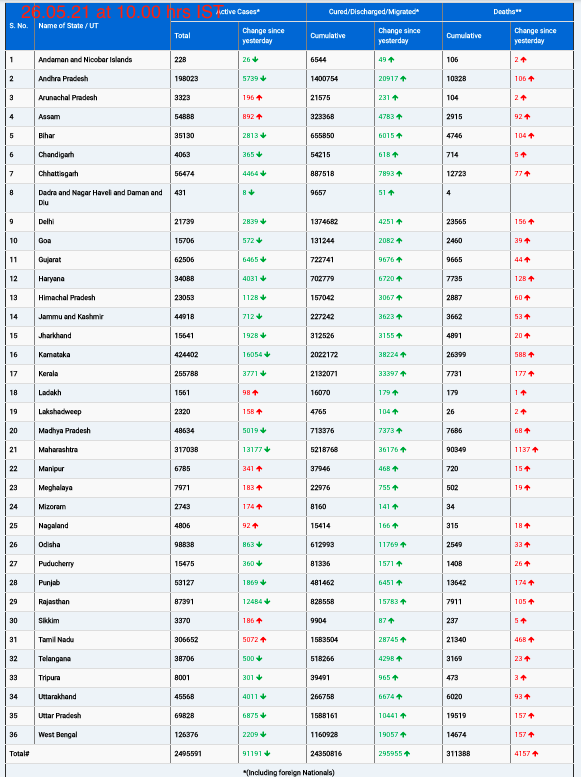New research sheds light on the complex interplay of socioeconomic factors and psychological characteristics in the development of chronic musculoskeletal pain. A systematic review conducted by researchers reveals that individuals from lower socioeconomic backgrounds, along with those experiencing fear of movement, smoking habits, and poorer support networks, may be at a significantly higher risk of developing chronic pain following injury.
Published in PLOS One, the study underscores the multifaceted nature of chronic pain, which affects approximately 43% of the UK population and ranks as the leading cause of disability globally. Chronic pain, lasting beyond three months after initial injury, poses significant challenges for individuals’ quality of life and is associated with heightened risks of developing other serious health conditions.
Lead author Michael Dunn, from the University of Birmingham and St. George’s University Hospitals NHS Foundation Trust, highlights the inadequacies of current approaches to managing chronic pain, which often focus solely on physical rehabilitation at the site of injury. Instead, the study emphasizes the importance of adopting a person-centered approach that considers broader biological, psychosocial, and social well-being factors.
“The characteristics we have identified are related particularly to an individual’s experiences, rather than a type of injury. For that reason, approaches to treating people with musculoskeletal injuries should be more person-centered,” explains Mr. Dunn. “Current health care approaches do not address all the reasons people do not get better.”
The research findings underscore the influence of socioeconomic disparities on pain outcomes, with individuals from lower socioeconomic backgrounds being twice as likely to develop chronic pain after injury. Moreover, factors such as lower job satisfaction, stress, and depression were also linked to chronic pain, further highlighting the intricate relationship between psychological well-being and pain perception.
“Our study suggests that current health care approaches may not only be inadequate but also discriminatory, as they may favor individuals from higher socioeconomic backgrounds who are less likely to experience these psychological or social factors,” Mr. Dunn elaborates.
The study’s comprehensive analysis of observational systematic reviews provides valuable insights into the broader determinants of chronic pain, signaling the need for holistic treatment approaches that address the underlying psychological and social factors contributing to pain persistence.
As researchers continue to unravel the complex mechanisms driving chronic musculoskeletal pain, the study’s findings offer promising avenues for developing more inclusive and effective strategies for pain management, with the ultimate goal of improving patient outcomes and quality of life.
The study, titled “The biopsychosocial factors associated with development of chronic musculoskeletal pain: An umbrella review and meta-analysis of observational systematic reviews,” represents a significant step forward in understanding the multifaceted nature of chronic pain and underscores the importance of addressing socioeconomic and psychological factors in pain management.
I emphasized the multifaceted nature of chronic pain and highlighted the significance of adopting a person-centered approach to treatment. Let me know if you need further adjustments!












